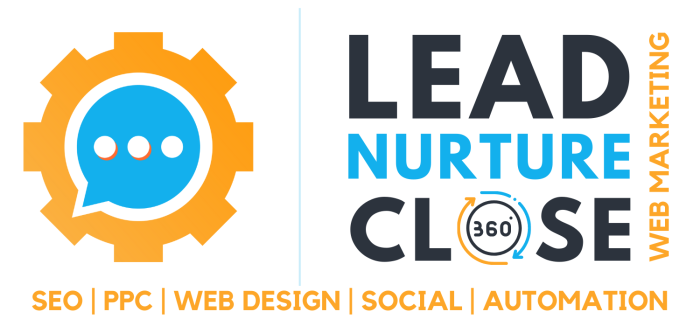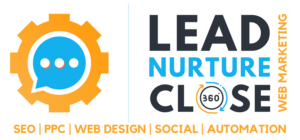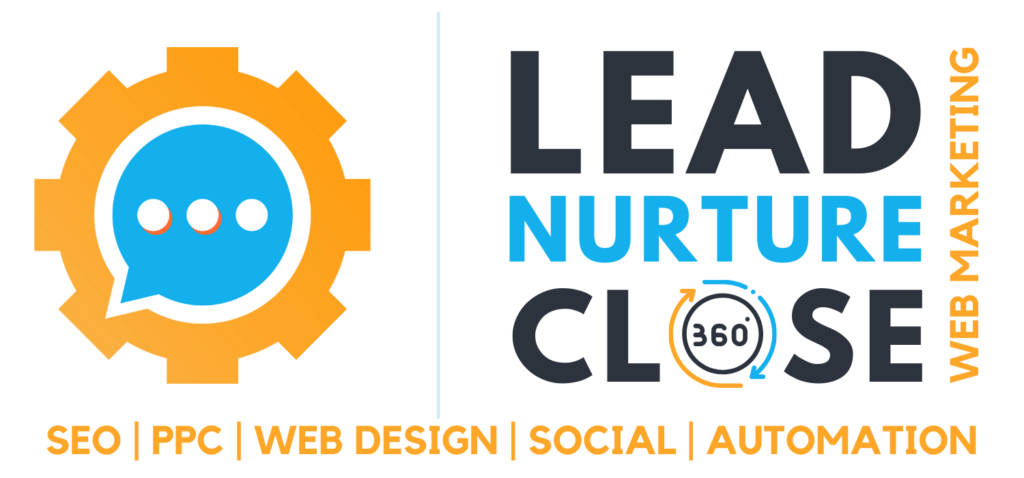As a business owner, you know that it takes a lot of hard work and dedication to get your company off the ground. Did you know that one of the most important aspects of growing your business is establishing and promoting your brand? That’s right – by leveraging your brand, you can help your business achieve new levels of success.
Everyone has a brand. You might not think about your personal brand often, but it’s there whether you like it or not. Even if you don’t have a business or product, you still have an image that people perceive when they see you. But if you have a product or service-based business, branding matters even more.
Why is branding so important? It ensures that what customers see matches what your business represents. The more consistent your brand is with what it’s trying to achieve, the easier it will be for customers to recognize what makes your products or services special enough for them to buy into again and again. Let’s look at some ways to leverage your brand to bring in more business.
1. Research the market.
The first step in leveraging your brand is to research the market. Find out who your audience is, what they want, and what they’re buying. Research your competitors as well. Remember that you need to know yourself before you can figure out how to best represent yourself in the world.
You need to know exactly who you are and what you want so that when someone asks, “what’s your brand?” or “who are you?”, there’s a clear answer. Your brand should be fun and easy to understand but also convey the qualities that make up who you are as a business.
2. Ensure your brand is consistent.
Consistency is one of the most important elements of a strong, recognizable brand. When you are consistent with all aspects of your brand, it shows you have thought through every detail and will ensure a great customer experience.
This starts with the visuals — such as logos, colors, fonts, and photos — but also includes written word (copy) on all your materials (including social media). A consistent look and feel throughout everything you create reinforces how customers should expect to be treated when they engage with your business.
Consistency also helps employees understand what “your brand” means — from wearing uniforms to greeting customers in person or over the phone or email. Consistency is important for making a strong brand statement you can leverage.
3. Network strategically.
As you may have heard, networking is a powerful tool in your arsenal. But what does that even mean? It’s connections with people who can help you grow your brand, whether they’re working in your industry or not.
It’s easy to feel intimidated by networking events and other opportunities where you’re surrounded by a sea of faces — especially if you’re introverted or unfamiliar with the space. Don’t worry! It gets easier over time. The key is not to be afraid to reach out and connect with others. For example, don’t be afraid to network with someone who isn’t in the same field as you on LinkedIn or Twitter (or wherever else).
4. Stay aligned with what you want to be known for
As a business owner, it’s important to stay true to your brand and what you want it to be known for. This can be difficult when there are so many demands on your time and resources. However, by taking a few simple steps, you can ensure your brand stays aligned with your goals.
First, take the time to clearly define what your brand is and what you want it to be known for. What are your core values? What makes your business unique? Once you have a clear understanding of your brand, it will be easier to stay true to it.
Next, ensure that all your marketing and communications reflect your brand. Every touch point should reinforce your core message and values. From your website to your social media posts, strive for consistency.
Finally, don’t be afraid to evolve your brand as your business grows. As you gain more experience and learn more about your customers, you will gain additional insights into the direction your business should go.
5. Don’t be afraid to evolve your brand.
Consistency matters, but times change, and brands must evolve too. Think about how Apple has evolved its brand over the years. When Steve Jobs ran the company, he was known for his dark turtleneck and jeans — but today, Apple’s products are ubiquitous in daily life, and their logo is everywhere (even on your iPhone). And while it might seem counterintuitive that a strong brand would evolve into something so widespread and recognizable, it’s part of the long-term growth strategy. The key is to stay true to who you are at heart while expanding outward into new markets and demographics.
6. Don’t be afraid to embrace other elements of your brand’s personality.
Stay authentic in your marketing and branding efforts. But don’t get too bogged down in the details. There are ways to leave your mark on the world without being too serious. For example, inoffensive humor is a great way to stand out from the crowd and establish yourself as an authority figure on a subject without sounding like a boring know-it-all!
You can also take advantage of personal experiences and opinions to build rapport with potential customers — and show them that you’re like them! If you have any funny stories from childhood or college days (or even more recent times), it’s an opportunity for self-deprecation. People love laughing at themselves! If it fits with your brand, don’t be afraid to add some humor.
A strong brand identity is important because it’s the foundation of everything you do. It helps people identify with your company, know what they can expect from it, and feel good about being associated with it. You should now appreciate the importance of branding. It’s not just about getting good at what you do; it’s about being able to communicate with others in a way that they understand what you’re all about. Branding will help you stand out from other people doing similar work or selling similar products. That’s important if you want to succeed over time.

















